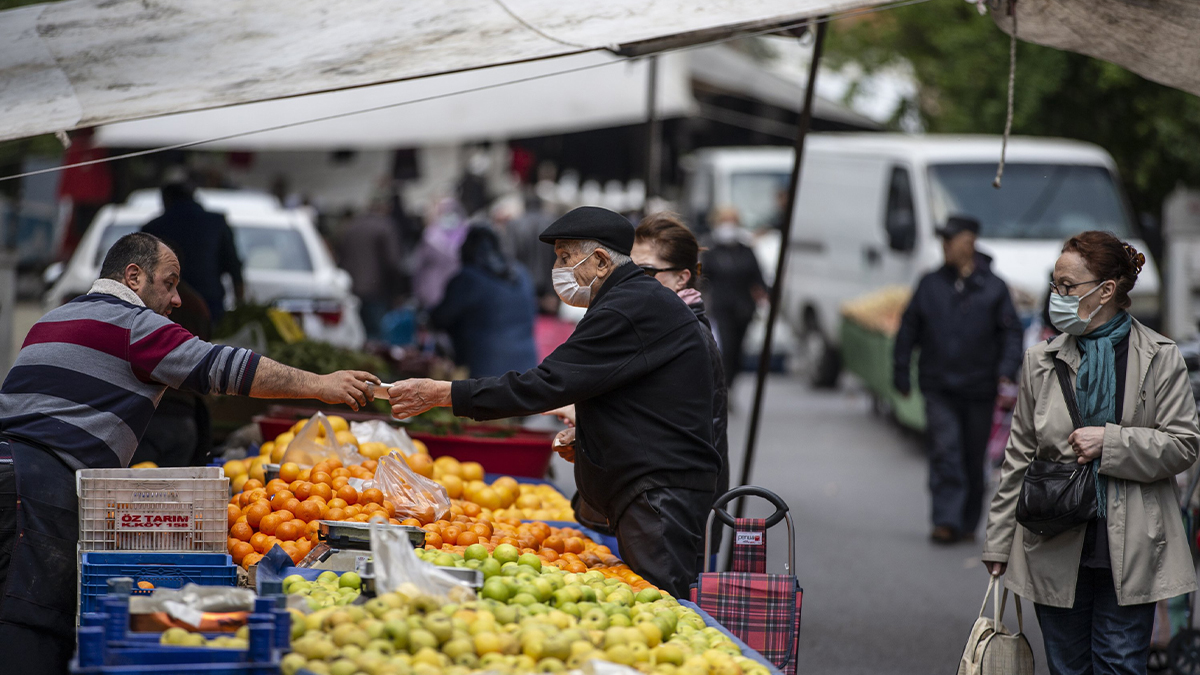
Turkey’s annual inflation rate jumped to 73.5%, a 24-year high, in May. The inflation has been fuelled by the war in Ukraine, surging energy prices and a tumbling lira. It is pertinent to state that the figure was lower than economists had feared.
Inflation had increased since last autumn, when the declined in value after the central bank launched a 500 basis-point cycle sought by President Tayyip Erdogan.
The latest inflation figure surpassed the 73.2% touched in 2002. It is the highest since October 1998, when inflation was 76.6%, and Turkey was struggling to end a decade of chronically high inflation. The consensus forecast was for inflation to rise to 76.55%.
Meanwhile, month-on-month consumer prices rose 2.98% compared to a Reuters poll forecast of 4.8%, the Turkish Statistical Institute (TUIK) said on Friday.
Food and transport costs have soared by 92% and 108% respectively, over the last year, signifying a deepening economic crisis for Turkish citizens struggling to afford basic goods. The domestic producer price index surged 8.76% month-on-month in May for an annual rise of 132.16%.
Read Also | Israeli president says had an amazing experience meeting Pakistani expats
The lira TRYTOM=D3 weakened 0.25% to 16.5050 against the US greenback touching its weakest since December. The currency tumbled 44% in 2021 and another 20% this year.
Despite the highest annual rate in Tayyip Erdogan’s two decades in power, Minister Nureddin Nebati said inflation readings were trending lower in a positive sign.
Nebati said inflation would fall to single digits in time for next year’s general election under an economic programme that banks on low-interest rates, high exports, production, and a current account surplus.
The trade deficit widened 157% in May to $10.7 billion, mainly due to energy imports. Economists see inflation staying high for the rest of the year and ending 2022 at 63%.



